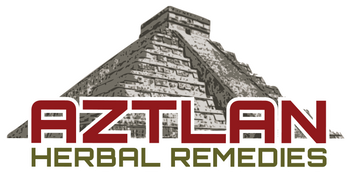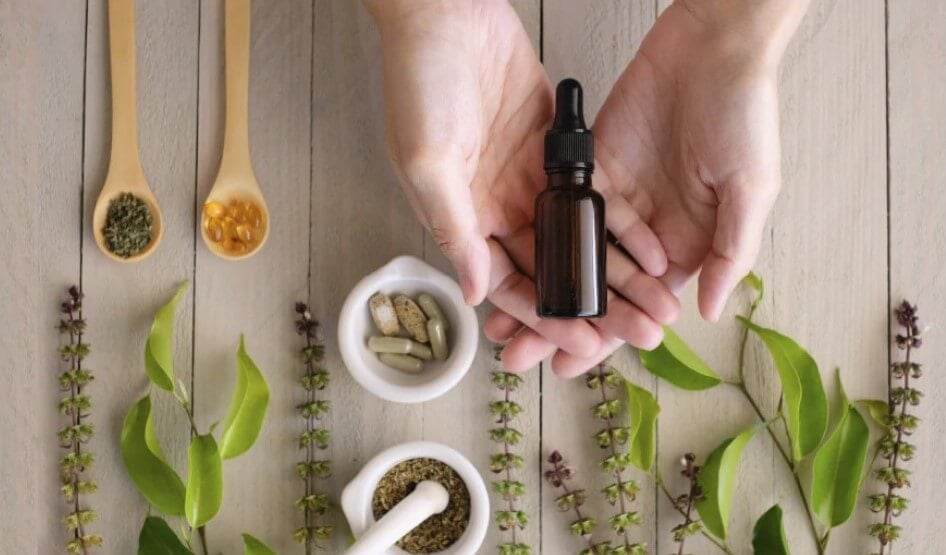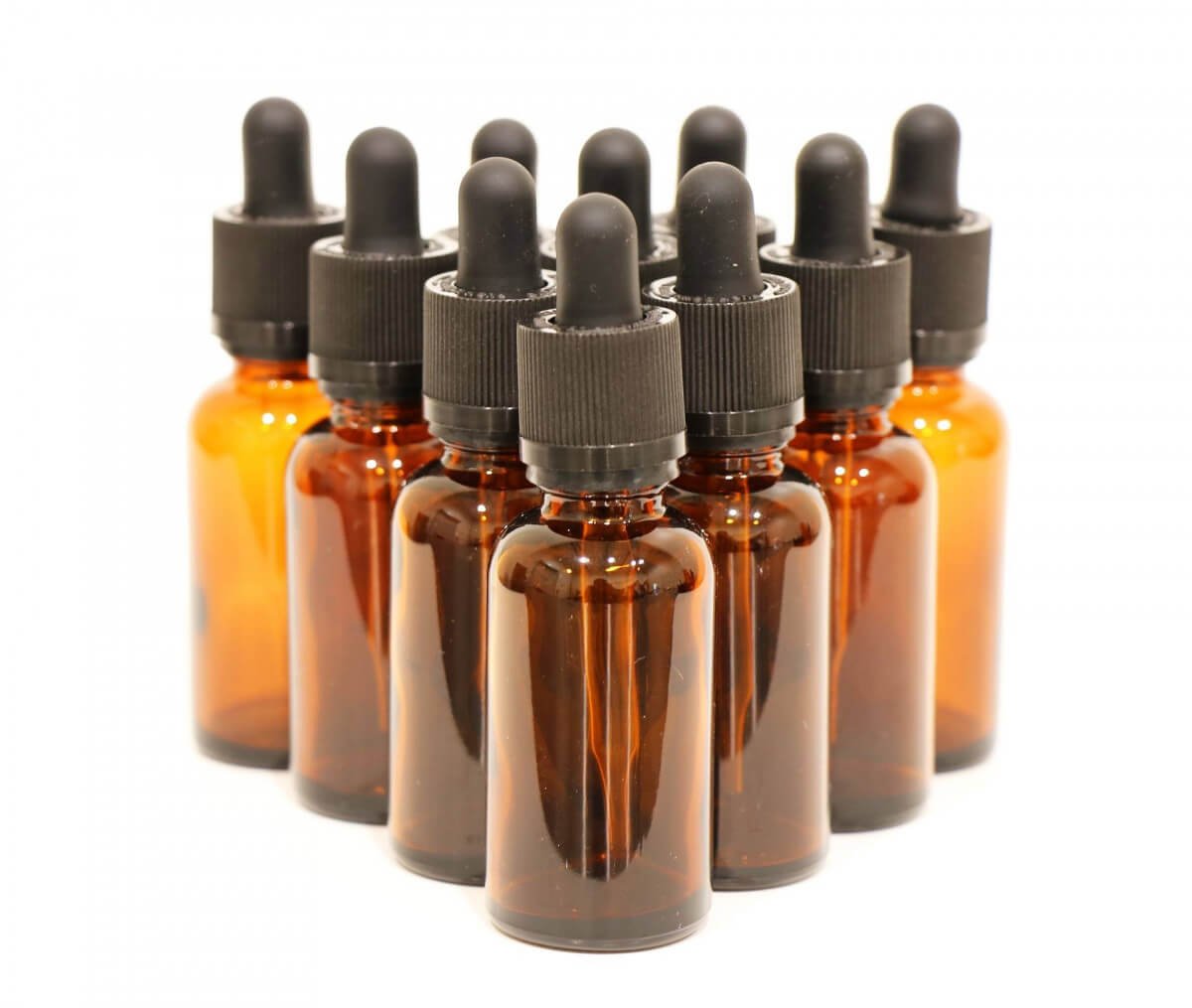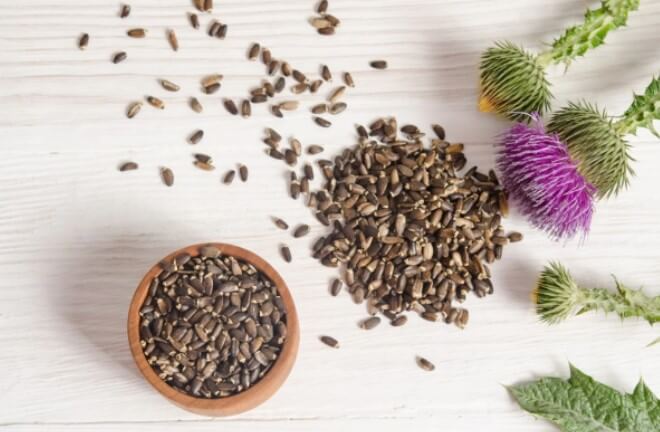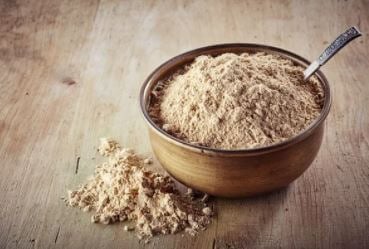Tinctures or capsules? That is the question!
Herbs have been used to treat ailments for centuries. They're an effective and useful form of medicine that works in both traditional and modern systems, depending on what you need!
Today many people are now adopting herbal remedies instead of conventional factory-produced drugs because they trust the natural substance more than others who produce them with unknown ingredients; but there's one misconception surrounding how powerful these treatments can be - do not let it discourage your faith in this life saving technique: misinformation usually arises due either lack of awareness.
Treat yourself to some debate-free wellness with our take on which herbal administration style suits you best. We'll discuss both tinctures and capsules, their benefits as well drawbacks so that when it comes down right choosing between them there's no need for guessing because we have all seen how confusing this process can get sometimes anyway - Who wants an herb where they don’t know what ingredients are inside?! Not me!! So let us dive right into things: First off, we will talk about why someone might prefer one form over another
TINCTURES VS CAPSULES IN HERBAL REMEDIES
The most common form of herbal therapy is capsules, which are convenient because they can conceal herbs that would taste bad. However, these medicines typically don't have as much potency or absorption rate when compared to tinctures. To increase the amount in one capsule sometimes extract particular molecules from an herb and concentrate them so you get more bang for your buck! For example, curcuminoids such turmeric contain key ingredients responsible for its anti-inflammatory effects - but since it's hard enough getting those out without further concentrating things down even further we've learned how important this step really is.
PROS OF CAPSULES
1. Get Rid of the Bitter Taste of Herbs
Capsules are a great way to mask the taste and smell of herbs. They also make it easy for people who don't like taking messy pills, as capsules go down smooth with no stomach issues!
2. Capsules Are inexpensive
Capsules come in different shapes and sizes, making them cheaper than tinctures.
3. Easy To Handle and Carry
If you're looking for an easy and economical way to transport your medication, tincture bottles might not be the best option. On the other hand, if hot temperatures are expected then capsules will work just fine!
CONS OF CAPSULES
1. The ingredients in capsules are usually powdered, which makes it difficult to incorporate highly soluble substances. They're also not suitable for materials that require moisture because they won't react with these chemicals without extra help from an outside source - like water!
TINCTURES IN HERBAL THERAPY
Tinctures have been a popular way to administer herbal drugs for centuries. They’re far more effective than capsule forms, and in recent years there's been an increase among people who are aware of their benefits- including how easy they can be taken with you on the go!
Tinctures often have a bitter taste, especially when herbs like horehound or blessed thistle are used. Fortunately, there's glycerin-based tinctures that provide an excellent alternative to alcohol-based ones!
PROS OF TINCTURES
1. Longer Shelf-life
Tinctures are a popular way of preserving the chemical and medicinal properties found in both fresh or dried herbs. In fact, tincture potency when properly prepared can last five years with no loss of effectiveness! On top if this amazing feature many people find they have better control over their symptoms since there is not as much fluctuation due to varying levels between doses like you might experience if using an extract instead.
1. Fast Absorption Rate
With the absorption rate being so high, it's no wonder that herbal tinctures are better than capsules. Not only do you get higher levels of nutrients and chemicals with less time spent on metabolism but also because they're easily absorbed by your body in 4 minutes or less!
2. Adjustable Dosage
Herbal therapies have been used for centuries to help people in need. While the exact concentration of phytochemicals within an extract may not always be known, liquid extracts provide a way safe and easy introduction into finding your optimal dose with just one drop at time!
3. Easy To Prepare
There are many different ways you can take herbs for medicinal purposes, but one way is by making your own tinctures. All it takes are the right proportions of alcohol and water with some herbs mixed in!
CONS OF TINCTURES
1. It has Bitter Taste
There are many types of tinctures available on the market, but if you have young kids or elderly relatives who might not be able to handle strong tastes then glycerin-based liquid extracts could just what your need. These medicines typically don't contain any harsh compounds that would make them unpleasant for anyone else besides those suffering from chronic health problems like cancer and diabetes which require specific medications anyway; they’re also much sweeter than other solvents so people with sensitive buds won
TINCTURES VS CAPSULES: WHICH ONE IS RIGHT FOR YOU?
The debate over which form of herbal therapy is best for you has been going on for some time. Ultimately, the decision will come down to potency and absorption rates if these are what matter most in your life right now; but there's also other factors like taste or portability that should be considered before making a choice between tinctures versus capsules!
